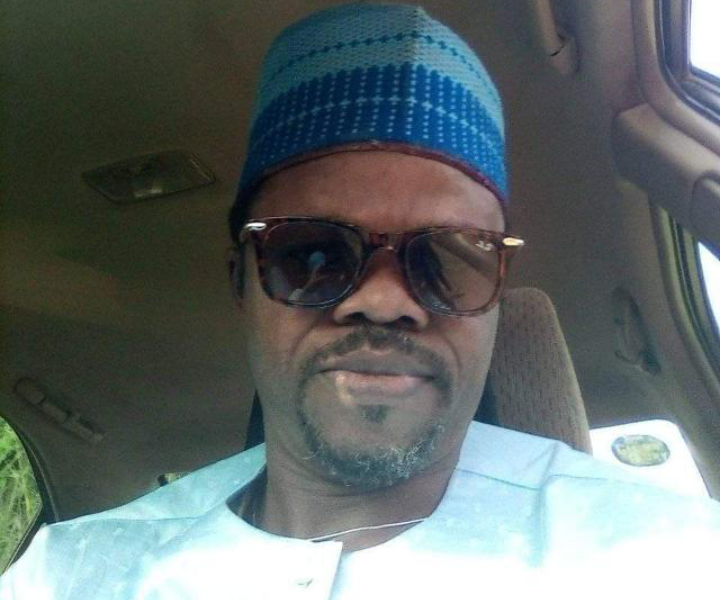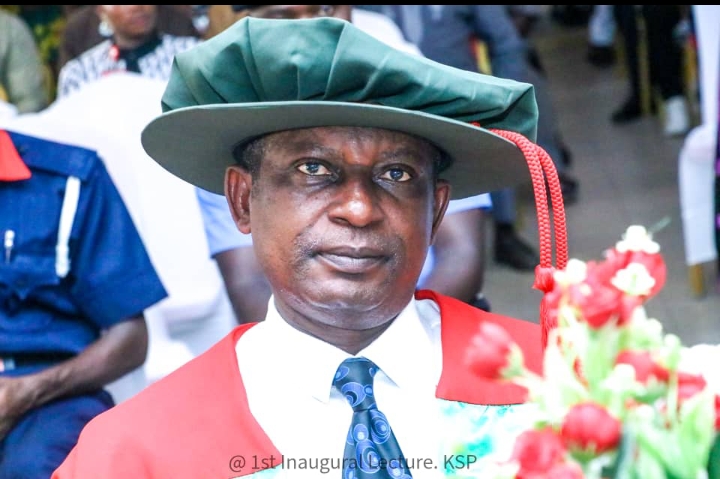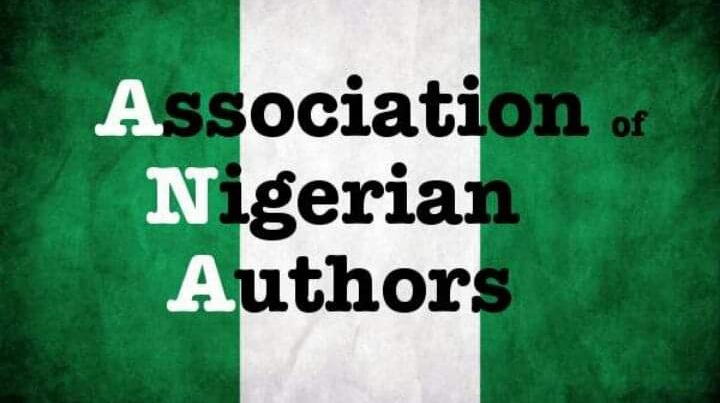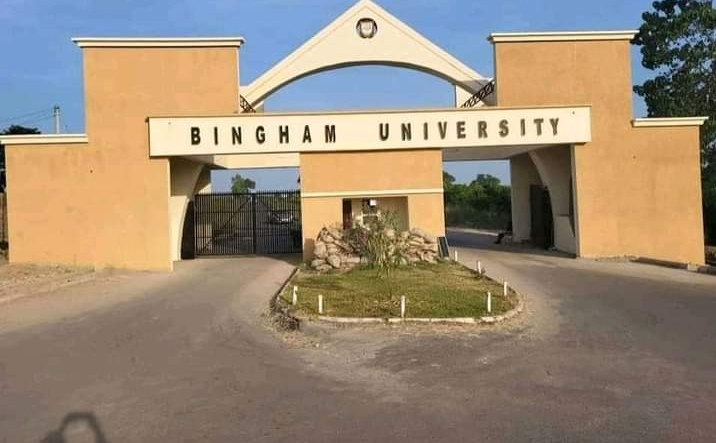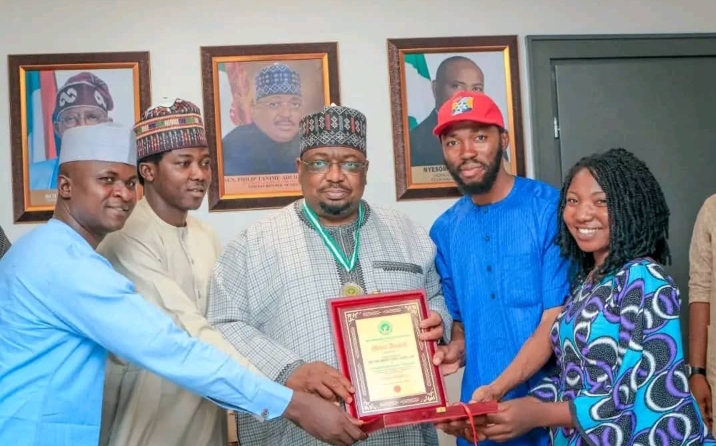Discussion excerpt from a bill proposal to establish a system of public education, a necessary tool in government to enhance democracy.
By Proposal by Elempe Dele on his birthday anniversary. March 2nd, 2021
The general aims of this bill would be to provide education ‘adapted’ to the present economic situations in the world we now live in, which will depend on their capacity, and directed to the happiness, aspirations and economic freedom of the people. This bill will not be expanded here, but is in line with the recent vision of the recent Edo State Governor’s ‘Let’s go to school campaign.’ (The specific details will not be presented here)
The first stage of this education, being the primary school, of the ordinary people where the mass of the children will receive their first education, this will be the bedrock foundation where the future order will be laid. I propose that instead of putting religious books on their hands at the age when their individual judgements are not properly matured enough for religious educations of no value, they should be educated on most useful facts about world’s ancient and contemporary histories. It is morality that should be instilled in them at that early age, not religious narratives, such that when enhanced as their ability to judge for themselves is develop over time, they may be taught how to appreciate their own happiness, by showing them that it does not depend on their conditions of existence in which poverty has placed some of them, but is always from the result of good conduct, candour, decorum, occupation and freedom in all just pursuits that will eventually define who they will be in future.
After this stage, some who’s parents are wealthy enough or being under the sponsorship of either the state or under philanthropists; that is those who are destined for higher levels of learning, shall go on to secondary schools where they will be taught general knowledge including ‘leadership, communication, management and good governance,’ as well as languages because we are in a global village. At least they have a long period of six years to learn these things.
As soon as they are done with their secondary school education after sufficient age, it is supposed they are sent to the universities, which is the next stage of learning under the context of the bill. My advice is that they should be made to study more of the sciences which are needed in our modern world. I mean the Information, Technology and Communication sciences, Clean Energy Sciences, Production Sciences, Medical Sciences ecetera ecetera…These will help them to be competitive globally in job search and even entrepreneurship. And again, part of my prescribed proposal is that the state must develop scholarship plans and schemes where students or youths( as you may wish to call it) who are geniuses and talented from the class of the ordinary(poor) people will be trained. It should be known that nature has sown liberally talents from the poor but this might perish without being put to use if these talents are not developed. The last stage of their education might be going for their Master’s degrees and PhD where they will major in specific fields of their endeavours. The state must also help in this regards.
The most important aspect of this proposed bill is the guarantee of the safety of the people so that they can be the captains of their own liberties. The security situation of the country has affected educations of the people. This must be factored into Public School Education where the parameters of their studies are safeguarded from rapists, bandits, common criminals, buglars and kidnappers.
So in summary, the purpose of knowing how to read and write at the primary school stage(first stage), as discussed above will chiefly for history sake. From history, they will be able to use the appraisal of the past to judge the future. It will give them the experience of other times, other nations and their enterprises. History will qualify them eminently to be judges of the actions and inactions of men, as well as their innovative or destructive designs. History will make them to be ambitious in their just pursuits.
In every modern government in the world is some traces of human weakness, some elements that are unacceptable and indecent. However, open dialogue with the people will lead to open cultivated improvements. Every government has the potential to be corrupted if trusted to the ‘rulers’ alone. The commoners themselves are the only safe depositories of government…and that’s the essence of democracy. And as we can see from the salient idea of this proposed bill, to render a society safe and prosperous, the minds of the people must be improved to a certain degree. From statistics, illiterates or those with poor educations are likely to go into crimes compared to those with education. (At least we can see the effect of lack of education in parts of the north were Banditry kidnappings and general contractor-crimes are threatening the Nigerian state)
So the influence over government and it’s decisions must be at least shared among all the people in a kind of participatory manner. The reality is that if a huge number of the people participates in governance in a way, the government and it’s people will be safe and education will help in deepening democracy for the freedom and happiness of the people.







